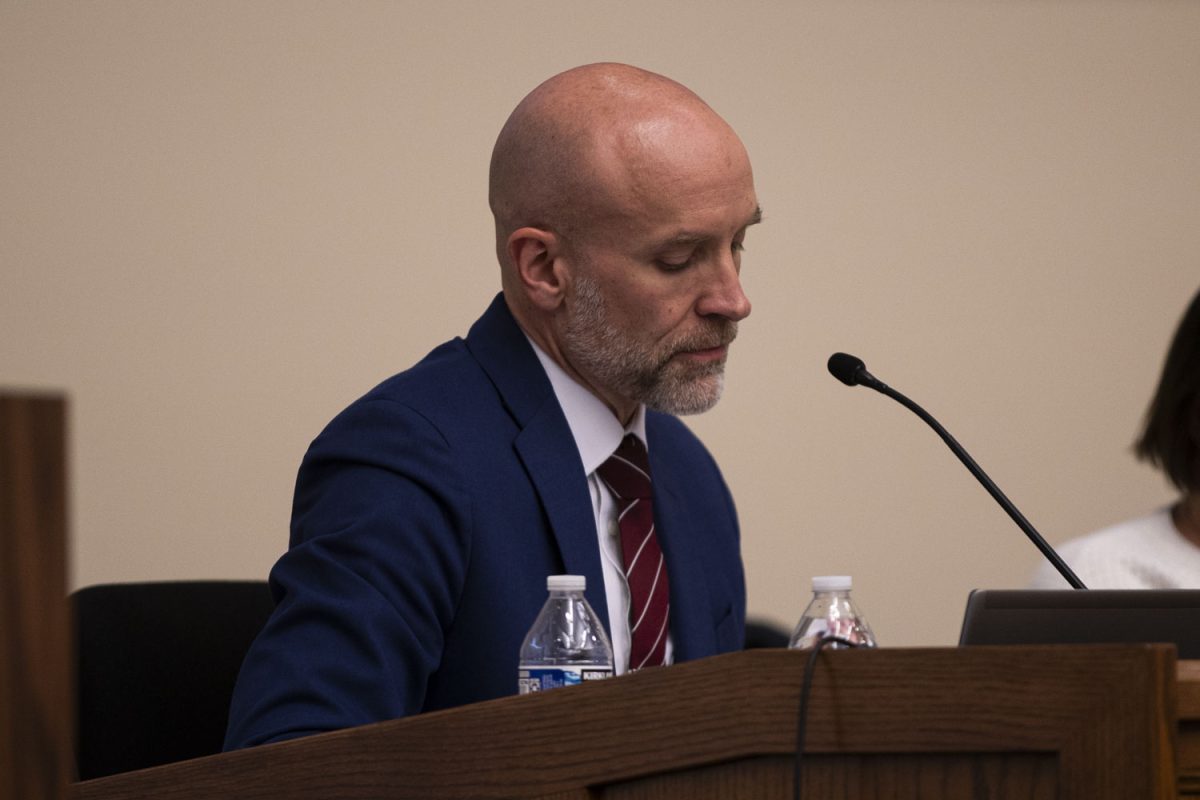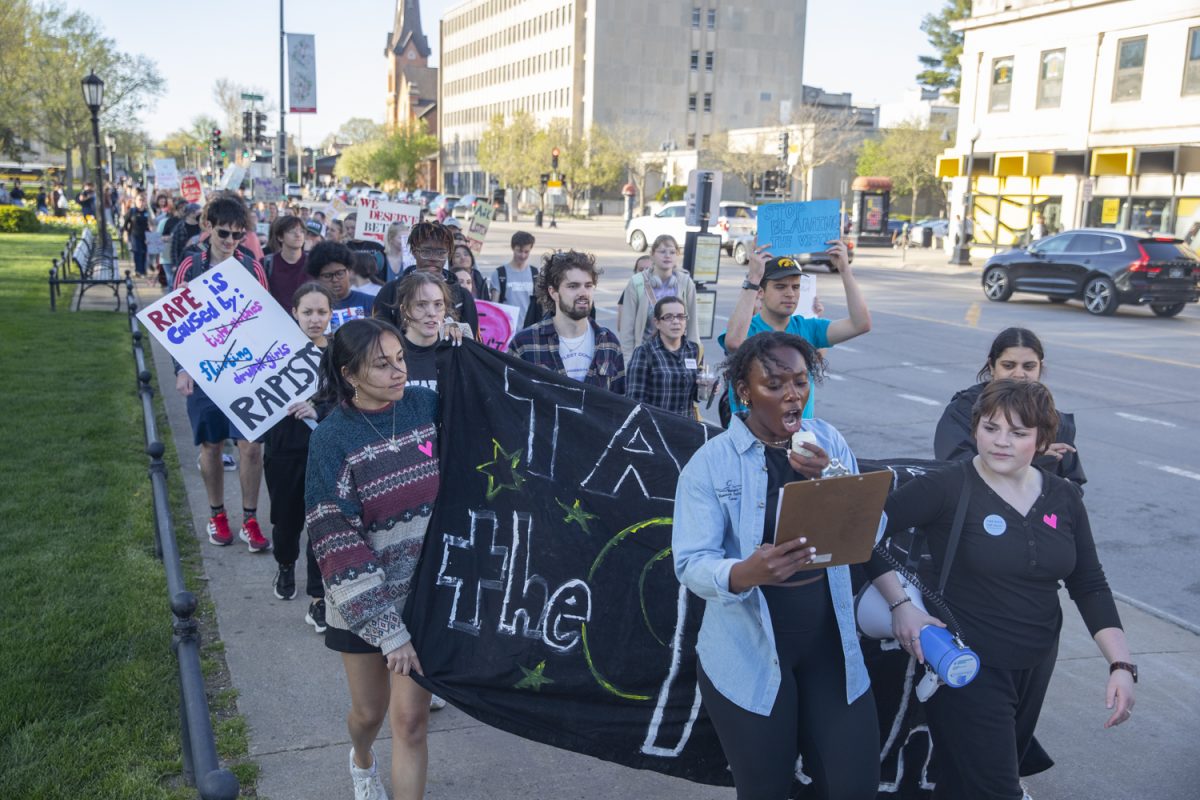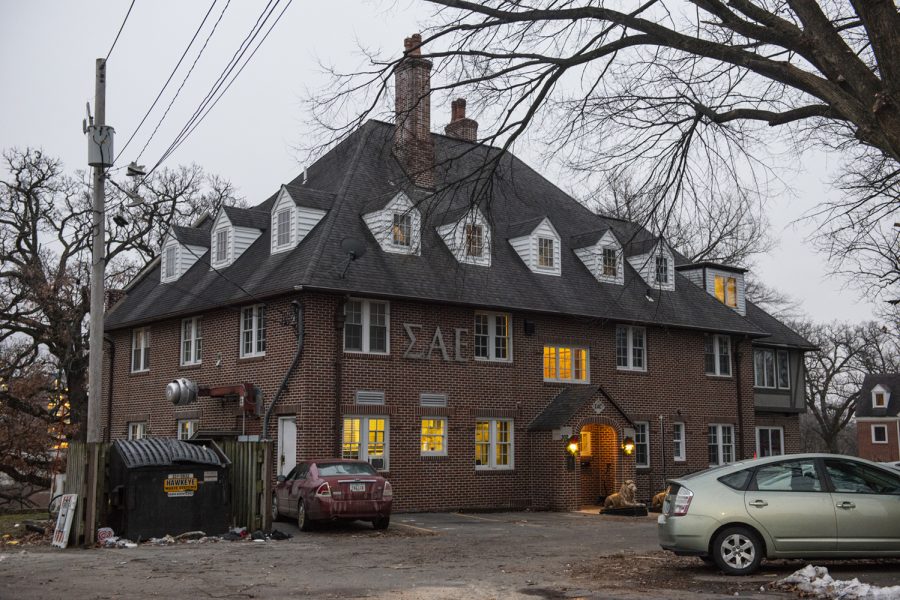Officials are looking for approval for a tax that will help create greater equity for students district-wide in the Iowa City School District.
The School Board discussed a possible Public Education and Recreation Levy at its meeting last week. Officials hope the tax could help balance the district’s facilities in an attempt to bring more equality to the district.
For example, the increased revenue could pay for playgrounds, libraries, cafeterias, and more.
“I think the real problem is some schools can raise $10,000 in a few weeks from parent organizations, and others take much longer because of the makeup of families in the schools,” school parent Julie Eisele said. “Some schools’ families can’t donate money or give to fundraisers as easily as others.”
If the board approves the tax in January, members will seek community approval. If the community shows interest, voters may see the levy on the ballot in September 2015. Following a simple majority vote from the community, the tax could be implemented as early as 2016.
Officials said the levy would use 13.5 cents per $1,000 of taxable valuation on the property tax. They estimate average costs of $6 per $100,000 of household income.
Craig Hansel, the School District’s chief financial officer, said some parent groups have helped in creating equal facilities, but those efforts are not matched district-wide.
One parent group created an equal accessible playground at Wickham Elementary, which is handicapped-accessible. If the school tax were to be applied in the future, similar playgrounds could be built across the district.
“We’ve been fortunate to partner with parent groups, but it is easier for some parent groups to raise money than others,” Hansel said. “We don’t want to get in a situation of inequity to raise money outside of what the school can provide.”
Superintendent Stephen Murley said the tax could be used to continue the district’s relationship with community facilities by building larger and more adequate facilities for both students and community members to use.
Board President Chris Lynch said he thinks the tax would be a great opportunity for students.
“It’s an opportunity to implement equity and excellence across the district,” he said. “It allows us to allow programing that will be beneficial to our students.”
Murley said this is the first time the district has taken a close look at seeking revenue for such a purpose.
“[The tax can be used] to ensure across the district schools have equitable opportunities, regardless of the school,” he said. “Community members can see a visible representation of playgrounds, and increases of access to community facilities.”
Hansel said if the community or district decides the levy is not working, officials could decide to not use it.
As Iowa City is looking to implement this model, however, officials say such a tax usage is shrinking in Iowa in general.
Des Moines is one of 20 districts that use the tax in a way similar to what district officials proposed, Hansel said.
Earlier this school year, the Bettendorf School District proposed a similar tax, and voters turned down the opportunity.
In terms of the district’s needs, several parents and officials say they see the tax as a fair way to equalize opportunity for students.
“If our elementary schools had more balance in terms of poverty levels, it’s possible we wouldn’t need this,” Eisele said. “I think it’s worth asking the voters and letting them decide.”






